Dalacin C 300mg capsules contain clindamycin hydrochloride, a lincomycin antibiotic used to treat certain bacterial infections. It works by stopping bacteria growth.
Uses
Dalacin C capsules are FDA-approved prescription antibiotics indicated for the treatment of serious infections caused by susceptible anaerobic bacteria such as Bacteroides species, Peptostreptococcus, as well as streptococci, pneumococci and staphylococci.
Benefits
- Effectively treats bacterial vaginosis, bone/joint infections, pelvic inflammatory disease, diabetic foot infections, and more
- Lung infections (pneumonia, empyema)
- Skin infections (cellulitis, abscesses)
- Bone and joint infections (osteomyelitis, septic arthritis)
- Stomach and intestine infections (typhoid fever, traveler’s diarrhea)
- Gynecological infections (pelvic inflammatory disease, endometritis)
- Infections of the heart valves (endocarditis)
- Infections that occur after surgery or dental procedures
Mechanism of Action Clindamycin binds to the 50S ribosomal subunit of susceptible microorganisms to suppress protein synthesis, thereby inhibiting bacterial growth.
Dalacin-C 300mg works by preventing the growth of bacteria. It does this by binding to the bacteria’s ribosomes, which are responsible for making proteins. This prevents the bacteria from making the proteins they need to survive and reproduce
Dosage
Adults: Typical dosage is 150–300 mg every 6 hours depending on infection type and severity. Follow exact prescription guidelines.
Side Effects
Diarrhea, abdominal pain, rash, metallic taste.
Warning
Do NOT use if allergic. Dalacin C may cause severe, life-threatening reactions – seek immediate medical care if experienced.
Important Information
Inform your doctor about any medical conditions and medications to prevent adverse events. Do not use Dalacin C 300mg to treat viral infections such as the common cold.


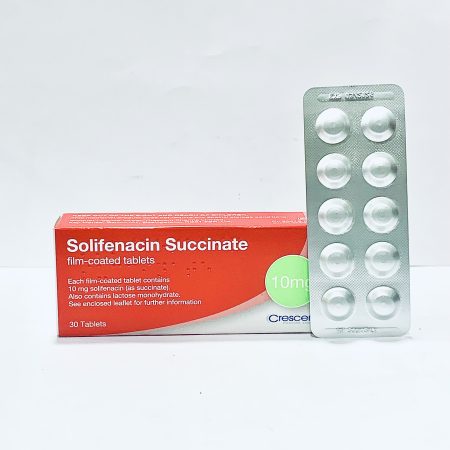


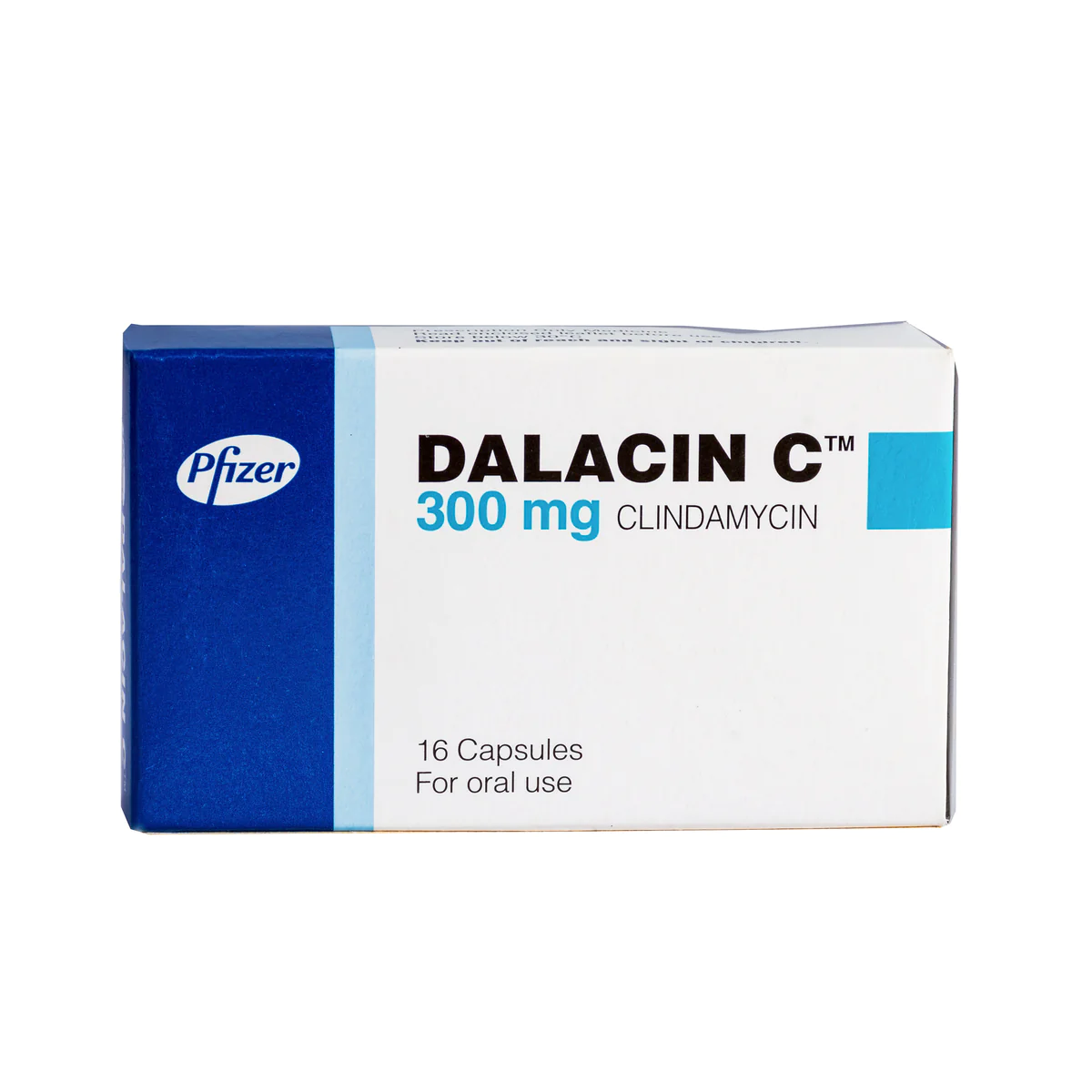
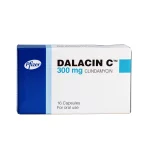
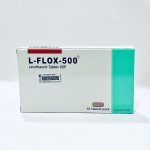
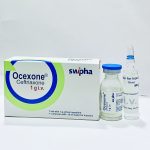
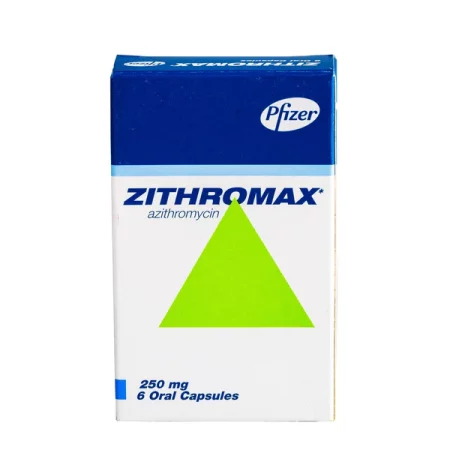




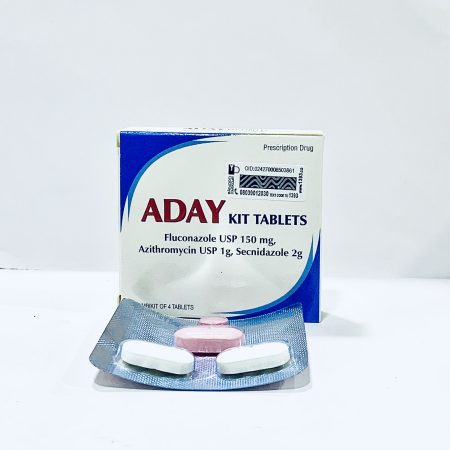

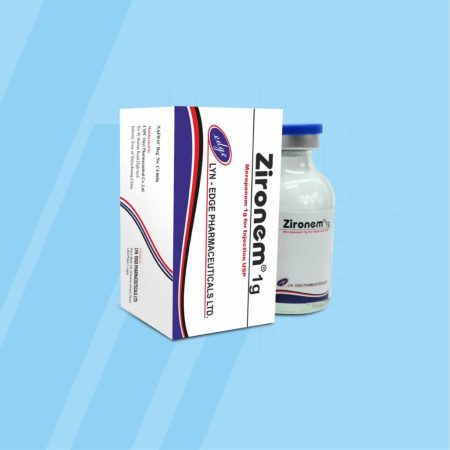
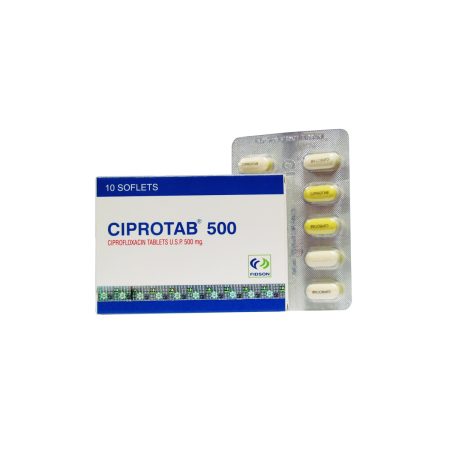
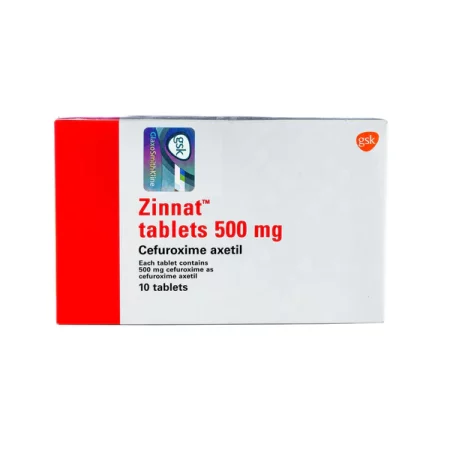



Reviews
There are no reviews yet.